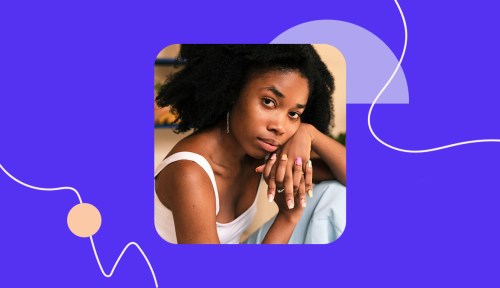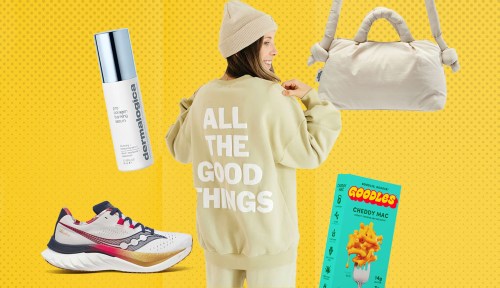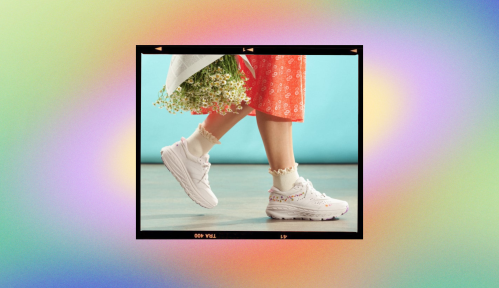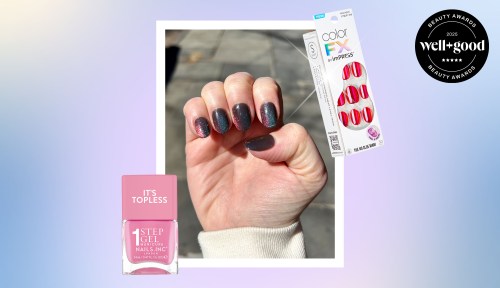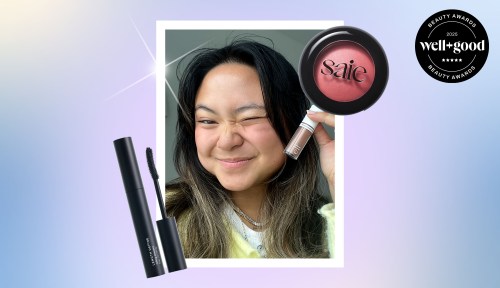Our editors independently select these products. Making a purchase through our links may earn Well+Good a commission
For Black History Month, Well+Good launched a series that features stories on Black health and well-being that go beyond the frequently circulated statistics that the Black community faces when it comes to mental health, maternal mortality, cancer survival, and more. As an extension of this celebration of Black History Month and Black Well-being, the most recent episode of The Well+Good Podcast focuses on what Black wellness and well-being really mean.
Experts in This Article
“Although data and research give us information on how certain inequities impact communities of color, statistics without any kind of change in real life can make people of color feel as if they are being reduced to numbers and not seen as actual humans who deserve better treatment and quality care to sustain their mental health and livelihood,” says Minaa B., therapist and author of Owning Our Struggles: A Path to Healing and Finding Community in a Broken World, in the introduction to the Black Well-Being series. “Real progress happens when we examine data and use it as a guide to creating both micro- and macro-level change that helps propel people of color forward.
Building on that idea, podcast host Taylor Camille, director of podcasts at Well+Good, talked with the founder and CEO of The Honey Pot, Bea Dixon, who created her line of feminine hygiene products with ancestral knowledge of ingredients and the intent to provide women with a healthy alternative to feminine care that is free of chemicals, parabens, carcinogens, and sulfates. The latest podcast episode is a thoughtful exploration of what Black well-being represents.
Listen to the full podcast here:
When Camille asks Dixon what she thinks of the state of Black well-being currently, Dixon shares, “You know, I live in the United States of Beatrice. I can focus on that. And I also don’t think about it as Black well-being. I just think about it as well-being. When we have to put Black in it, that’s almost the reason for the problem; my well-being is just as important as anybody else’s well-being,” she says.
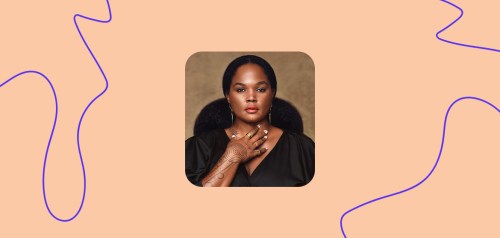
In the episode, Dixon and Camille explore what self-care and centering wellness can look like for Black women. Camille asks Dixon, “What does reclaiming our wellness look like in practice? I mean, you mentioned your food, your rest, especially for a group of Black women who sometimes don’t put themselves first, sometimes, make sure everybody else is well before they even tap in with themselves?”
Dixon explains that she prioritizes an expansive definition of wellness that forgoes perfectionism and prioritizes better choices in any area that feels possible. “It could be when you go to the doctor, and your doctor has no respect for you. It could literally be you telling your doctor, you know what? I’m going to get a second opinion.”
Dixon also lists having a friend accompany you to doctor’s visits on Facetime or in person, taking time for yourself, and prioritizing rest. “It can look like many things, and it doesn’t have to be you sitting down for 30 minutes a day, and you know, in your, in your lotus pose and meditating, it doesn’t mean that you’re doing yoga right every single day, but are you drinking water?” she adds.
Perhaps Audre Lorde said it best when writing about her experience with breast cancer. “Caring for myself is not self-indulgence; it is self-preservation, and that is an act of political warfare,” she wrote. This episode explores the vast and expansive iterations of what Black well-being can mean to individuals and communities.
For more insights, check out the latest episode of The Well + Good Podcast.
Sign Up for Our Daily Newsletter
Get all the latest in wellness, trends, food, fitness, beauty, and more delivered right to your inbox.
Got it, you've been added to our email list.
